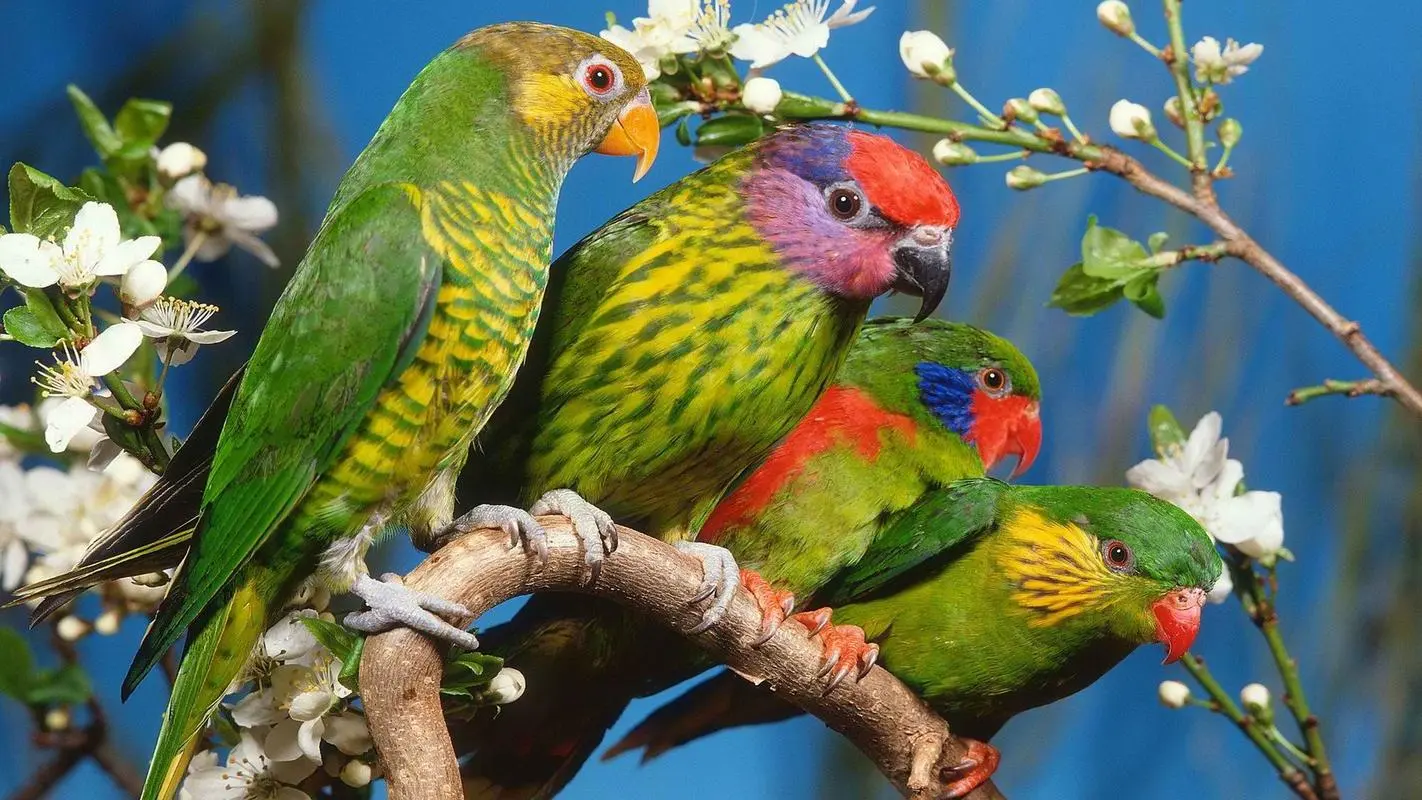Parrots are highly intelligent and social birds, known for their vibrant colors and remarkable ability to mimic human speech. As pets, parrots require special care and attention to thrive in captivity. One question that often arises is whether parrots should be kept alone or in pairs. In this article, we will explore the various benefits and considerations associated with keeping parrots in pairs, helping potential parrot owners make informed decisions about the well-being of these fascinating creatures.
1. Social Nature of Parrots
Parrots are inherently social creatures that naturally live in flocks in the wild. They engage in complex social interactions, communicate with each other, and form strong bonds within their flock. These social connections play a vital role in the mental and emotional well-being of parrots. When kept in isolation, parrots may experience loneliness, boredom, and develop negative behaviors such as excessive screaming, feather plucking, or self-mutilation.
2. Companionship and Mental Stimulation
Keeping parrots in pairs provides them with constant companionship, which helps alleviate loneliness and stress. Pairing parrots allows them to engage in normal social behaviors, including grooming, playing, and vocalizing together. The presence of a companion also provides mental stimulation, preventing boredom and enabling them to exhibit natural behaviors.
3. Enhanced Emotional Health
In pairs, parrots can develop deep emotional bonds with their companions, akin to forming lifelong partnerships. This emotional connection provides them with a sense of security and emotional support. Having a companion can help reduce anxiety and enhance overall emotional well-being. The presence of another parrot also offers reassurance during times of stress, such as veterinary visits or changes in the environment, minimizing fear and promoting a sense of safety.
4. Sharing Responsibilities
Parrots kept in pairs often engage in shared responsibilities, such as preening each other’s feathers or feeding and caring for their young. These activities mimic natural behaviors seen in the wild and contribute to the overall physical and mental health of the birds. When parrots are kept alone, they miss out on these opportunities for social interaction and important aspects of their natural behavior.
5. Considerations for Keeping Parrots in Pairs
While keeping parrots in pairs offers numerous benefits, it is essential to consider certain factors before deciding to do so. Firstly, introducing two parrots requires careful consideration of their compatibility, species, age, sex, and temperament. Some parrot species may not get along well or may have specific socialization requirements. Additionally, proper introductions and gradual acclimation to each other’s presence are necessary to prevent aggressive behaviors or potential injuries.
Another consideration is the availability of space and resources. Parrots require adequate space to move around comfortably, exercise, and establish individual territories within their living environment. Sufficient provision of food, water, toys, and perches is also crucial to ensure each parrot’s well-being and prevent territorial disputes.
Moreover, the financial aspect of maintaining two parrots should be evaluated. Additional costs will be incurred for housing, veterinary care, and enrichment items. Parrots are long-lived species, and potential owners should be prepared for the commitment of providing lifelong care for both birds.
Conclusion
Keeping parrots in pairs can have significant benefits for their social, emotional, and mental well-being. Pairing parrots allows them to engage in natural behaviors, share companionship, and mitigate loneliness and boredom often associated with solitary confinement. However, careful considerations must be made regarding compatibility, space, resources, and financial implications of maintaining multiple parrots. By understanding the needs and requirements of parrots, potential owners can make informed decisions that promote the overall welfare and happiness of these intelligent and beautiful birds.


 Facebook
Facebook  Instagram
Instagram  Youtube
Youtube 